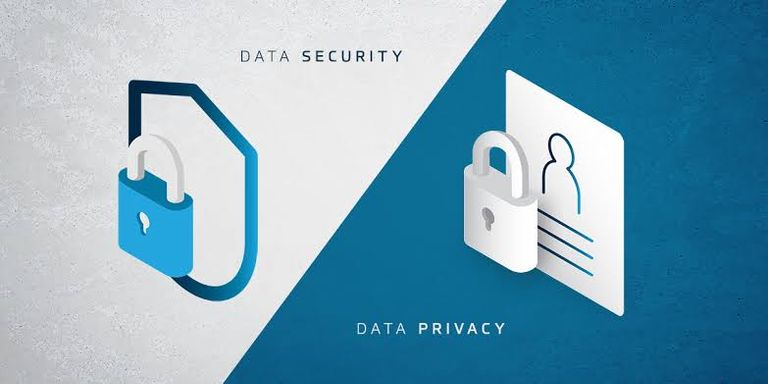
The term "privacy and data security" in internet marketing describes the safeguards put in place to preserve customer personal information that is utilized for a variety of marketing purposes. Using data to better target, analyze, and interact with clients is the essence of online marketing. This data contains sensitive information including location, past purchases, internet activity, and demographics. It is frequently collected through cookies, the internet profiles, and other monitoring methods.
The main goal of privacy is to manage the information's flow. Customers' consent must be obtained before any data is collected, and they must be informed about the use of their data and given the choice to opt out. Contrarily, data security is concerned with preventing unwanted access to, alteration of, or erasure of gathered data. This covers initiatives like incident response planning, frequent audits, safe storage, and encryption.
It is impossible to overestimate the significance of data security and privacy in an era where data is the new money. Customers seek assurances that their personal information is secure in addition to the ease of personalized internet experiences. Therefore, in order to build trust and keep customers loyal, businesses need to make sure that their internet marketing methods follow privacy regulations and security guidelines.
What Effects Can Privacy Violations Have on Consumer Trust and Brand Reputation?
The reputation of a brand and the trust of its customers can be seriously damaged by privacy breaches, with difficult-to-repair long-term effects. There are more than just monetary losses and perhaps legal repercussions for a business that experiences a data breach. It is the consumers' diminished faith and assurance in the brand's capacity to safeguard their personal information.
Contemporary consumers possess greater knowledge of their data rights and hold elevated standards for the handling of their data. A breach may result in less sales, a drop in consumer loyalty, and reputational damage that may hinder the acquisition of new clients in the future. According to studies, following a data breach, 36% of customers would cease doing business with a firm entirely, and 78% of consumers would stop interacting with the brand online.
Furthermore, in today's digital environment, word of data breaches spreads quickly, harming a brand's reputation even among those who are not immediately impacted. A single privacy violation in the age of social media as well as online reviews can spark a widespread protest and seriously damage one's reputation. Therefore, it is imperative that companies give privacy and data protection first priority when implementing online marketing strategies.
Upvoted. Thank You for sending some of your rewards to @null. Get more BLURT:
@ mariuszkarowski/how-to-get-automatic-upvote-from-my-accounts@ blurtbooster/blurt-booster-introduction-rules-and-guidelines-1699999662965@ nalexadre/blurt-nexus-creating-an-affiliate-account-1700008765859@ kryptodenno - win BLURT POWER delegationNote: This bot will not vote on AI-generated content